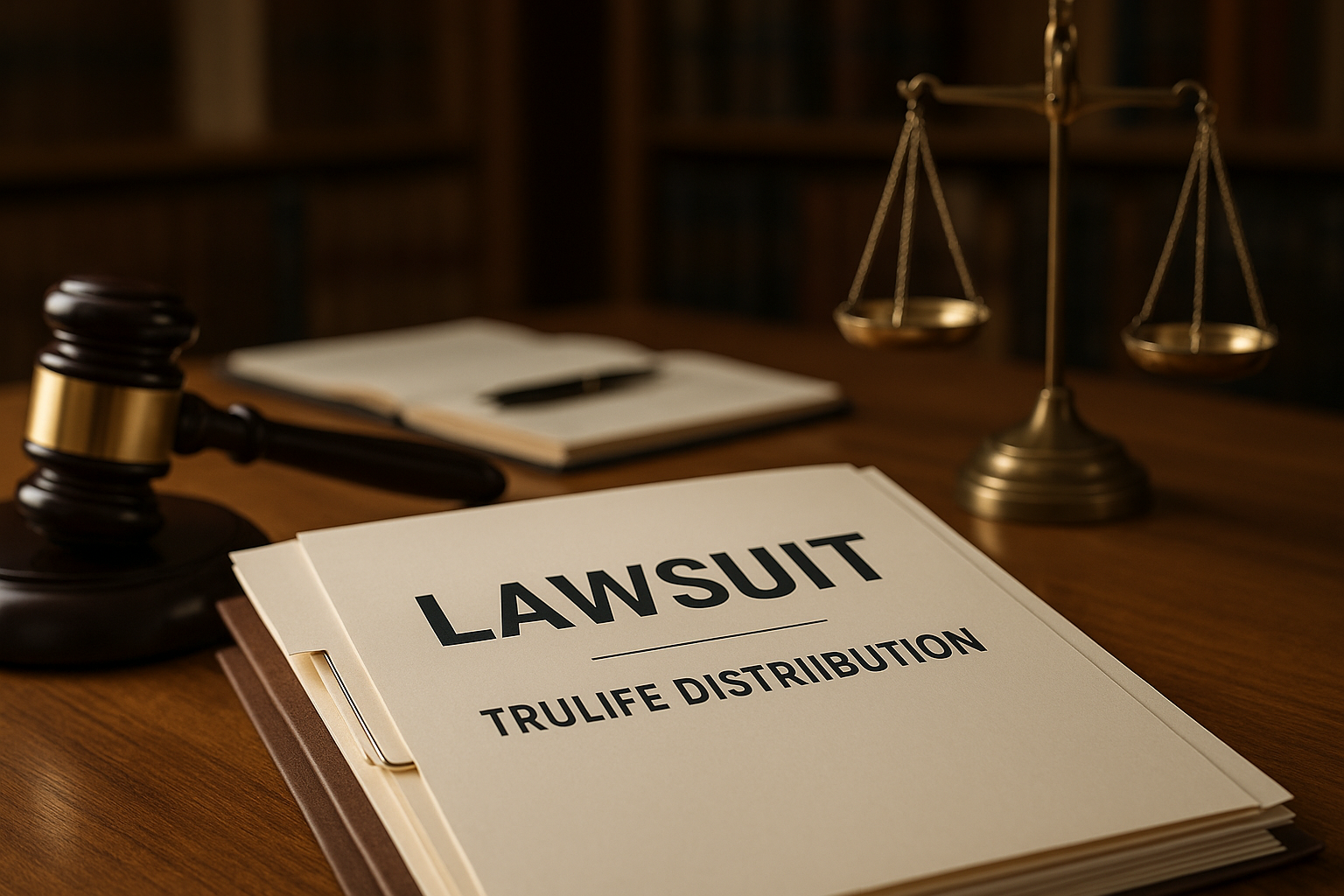
Introduction
In recent times, the Trulife Distribution lawsuit has attracted significant attention across the health and wellness industry. As more details surface, many are left wondering what exactly happened, what the legal arguments are, and how it could impact the future of nutritional product distribution in the U.S. This article breaks down everything you need to know about the case, the parties involved, the core allegations, and the potential implications for both companies and consumers.
What Is Trulife Distribution?
Trulife Distribution is a Florida-based company that provides logistics, brand building, and sales management services for health and wellness products. It specializes in helping international and domestic nutritional supplement brands enter the U.S. market. Trulife’s model includes warehousing, marketing, and distributing products across retail and e-commerce channels.
Led by Brian Gould, the company gained industry traction due to its aggressive growth strategies and wide-reaching network. However, recent legal actions have cast a shadow over its operations.
Overview of the Trulife Distribution Lawsuit
The Trulife Distribution lawsuit centers on allegations made by Nutritional Products International (NPI) — another Florida-based firm in the same industry. The lawsuit claims that Trulife and its leadership were involved in unfair competition, trade secret theft, and breach of fiduciary duty.
NPI alleges that Trulife Distribution wrongfully used confidential client information, misrepresented its services, and attempted to take over existing business relationships that NPI had cultivated.
🧑⚖️ Key Allegations in the Lawsuit
Here are the core legal points raised in the Trulife Distribution lawsuit:
Misappropriation of Trade Secrets
NPI accuses Trulife of accessing and utilizing proprietary information, including client databases and pricing strategies, without permission.
Unfair Business Practices
The lawsuit claims that Trulife Distribution engaged in deceptive practices, such as falsely stating they had ongoing contracts with brands previously affiliated with NPI.
Tortious Interference
Trulife is also accused of intentionally disrupting existing business contracts between NPI and their clients.
Breach of Fiduciary Duty
In some claims, individuals who were once associated with NPI allegedly breached fiduciary duties when they began working with or launching Trulife.
Timeline of Events
- 2019–2020: Trulife Distribution starts gaining momentum in the health and wellness space.
- 2021: Disputes begin to surface between NPI and Trulife executives.
- 2022: NPI officially files the lawsuit in a Florida state court.
- 2023–2024: Case proceedings reveal internal communications, contracts, and marketing strategies under dispute.
- 2025: The case remains ongoing, though court documents have brought more clarity to the public.
🧾 Trulife Distribution’s Response
Trulife Distribution has denied all allegations, calling them baseless and an attempt to stifle competition. In a public statement, CEO Brian Gould emphasized that the company operates with integrity and welcomes legal scrutiny to clear its name.
Their legal defense argues that:
- No trade secrets were unlawfully obtained.
- Business relationships were built independently.
- The lawsuit is an act of business retaliation.
Impact on the Health & Wellness Industry
The Trulife Distribution lawsuit has had a ripple effect on the supplement and wellness industry:
🔸 Brand Trust Concerns
Emerging brands are becoming more cautious about whom they partner with for U.S. expansion, demanding better transparency in distribution agreements.
🔸 Legal Precedents
The outcome of this case may influence how trade secrets and client lists are protected in the health product sector.
🔸 Competitor Scrutiny
Other companies with similar business models are now under scrutiny for possible legal gray areas.
What Industry Experts Are Saying
Legal experts suggest this case could redefine the ethical boundaries of brand representation in the supplement industry. According to Florida business attorneys, the ruling could set new standards for how distribution companies handle client transitions and proprietary data.
Meanwhile, marketing professionals in the field believe this lawsuit highlights the need for clear-cut non-disclosure agreements (NDAs) and data privacy clauses in all business partnerships.
What Does This Mean for Clients and Consumers?
For clients (brands using distribution services), this lawsuit is a reminder to vet partners thoroughly. Ensure contracts have clear IP protection clauses.
For consumers, while the legal battle may seem far-removed, the outcome could affect product availability, pricing, and trust in lesser-known supplement brands.
Conclusion
The Trulife Distribution lawsuit is more than a simple business dispute — it’s a cautionary tale for the entire wellness and distribution ecosystem. As the case progresses, it will offer valuable insights into legal accountability, ethical business practices, and how companies should navigate competition in a saturated industry.
Stay informed, especially if you’re a brand looking to enter the U.S. health market or a consumer focused on transparency in the products you buy.






